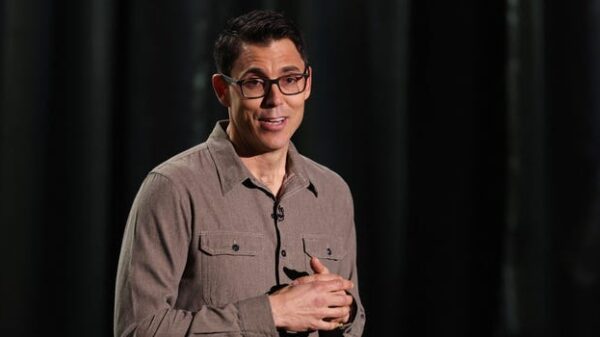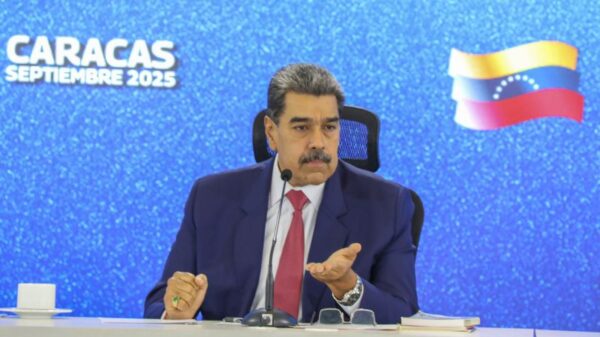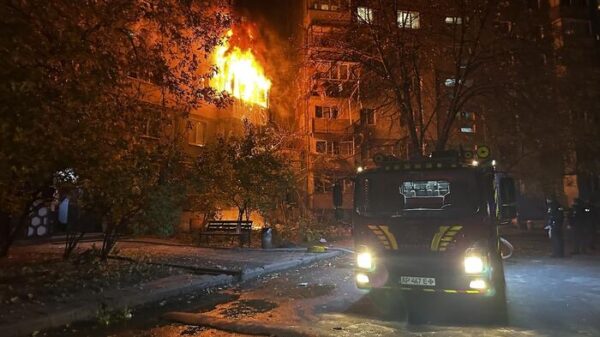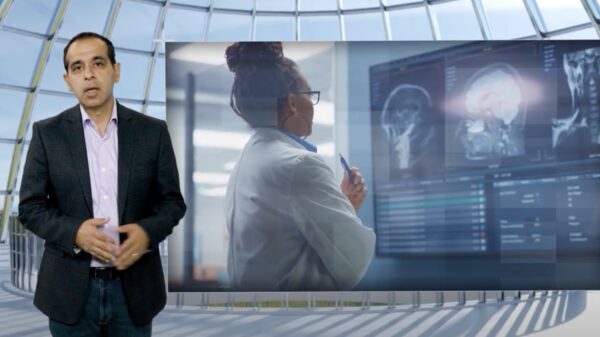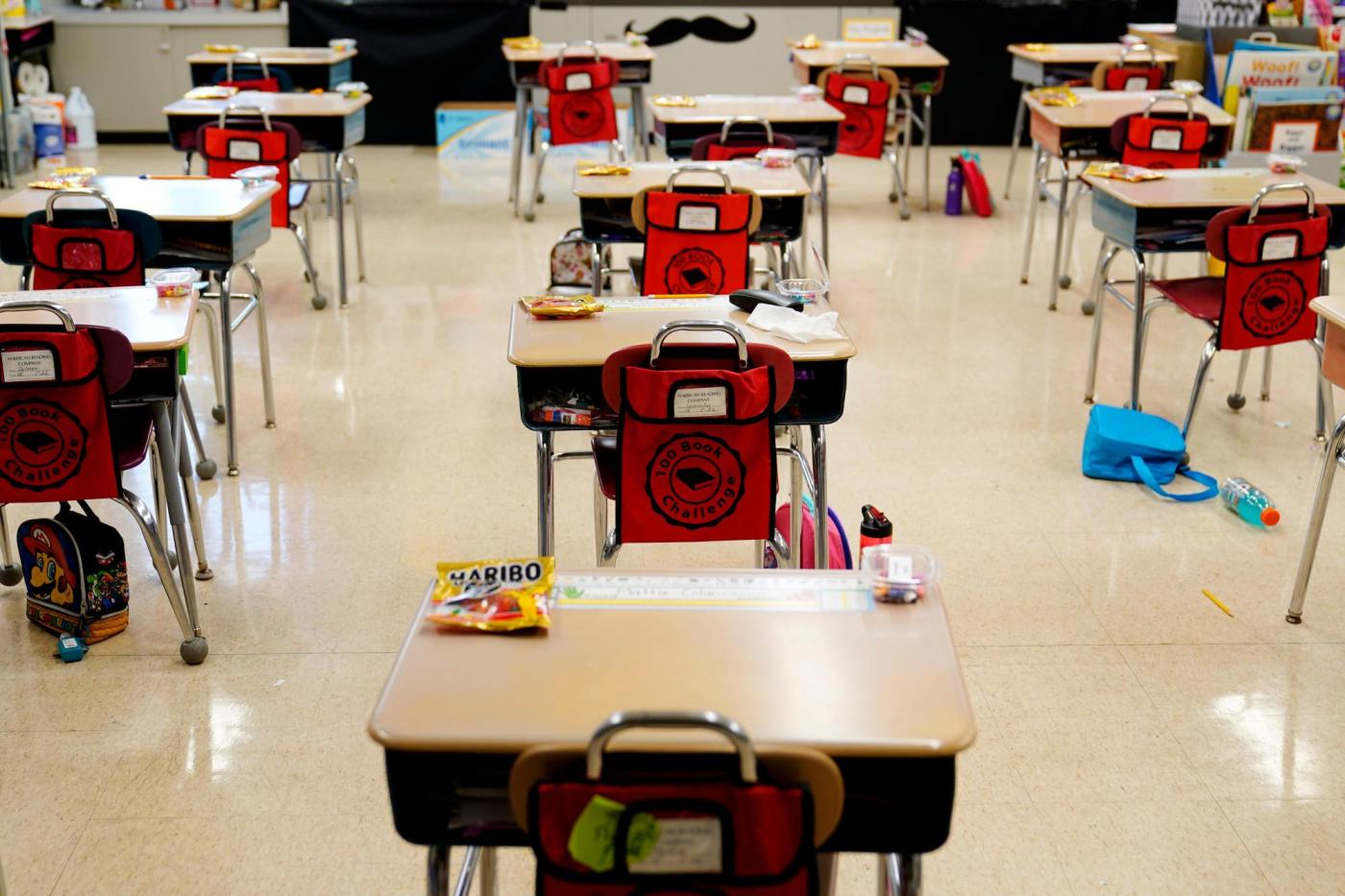A federal court has significantly reduced the damages awarded to Jessica Light, a teacher from New Haven, Connecticut, who claimed that school administrators retaliated against her for advocating public health safety during the COVID-19 pandemic. Last year, a jury awarded her $1.1 million after finding that the New Haven Board of Education and her school principal attempted to silence her public comments on health safety. However, this week, U.S. District Judge Janet Bond Arterton lowered the total damages to $450,000.
The original jury verdict determined that Light faced retaliation for her public statements regarding pandemic safety measures, including accusations of leaking confidential health information. Judge Arterton’s ruling addressed a post-trial concern raised by the city, questioning the clarity of the jury’s findings on who was specifically responsible for the alleged retaliation.
Light, who had been a teacher for nearly 15 years, was employed at the Worthington Hooker School during the events in question. The judge’s decision also granted New Haven’s request for a retrial on the portion of Light’s suit related to the retaliation claims.
In her 57-page opinion, Judge Arterton noted the contentious nature of public debates surrounding in-person and remote learning during the pandemic. “To say that the COVID-19 pandemic hit schools hard would be an understatement,” she remarked, emphasizing the challenges faced by educators and parents alike.
In July 2020, the teachers’ union in Connecticut, AFT Connecticut, reached out to members, including Light, to remind them of their First Amendment rights to discuss public health policies. Light felt compelled to advocate for safe reopening measures and expressed her concerns at various school board meetings.
The school administration, which had received the same communication from the union, arranged a meeting to clarify the rights of staff to speak on these issues. Following this gathering, Light was confronted by Principal Margaret-Mary Gethings and a deputy, who expressed that her public comments negatively impacted their image and that the superintendent was holding them accountable for her remarks.
Despite feeling intimidated, Light continued to advocate for what she considered necessary safety measures. She publicly questioned the administration’s communication regarding COVID infections among staff, which led to her being reprimanded for allegedly instilling fear in the school community.
The tension escalated during Light’s annual evaluation, which typically lasts about 15 minutes but extended to an hour and a half due to discussions about her advocacy. Even though the administrators acknowledged her right to speak out, they criticized her for allegedly damaging the school’s image.
Following a period of increasing hostility, Light took medical leave in October 2021, citing symptoms of complex PTSD exacerbated by the work environment. Her experience of isolation among colleagues worsened after her return, contrasting sharply with her prior interactions, where she participated actively in school activities.
Light’s situation highlights the broader implications of educator advocacy during a public health crisis. Her eventual departure from the school system underscores the challenges teachers face when balancing their professional responsibilities with their rights as public citizens.
In the wake of the court’s decision, Light’s case serves as a reminder of the ongoing debates surrounding educational policy and the rights of educators to voice concerns in the public arena.

